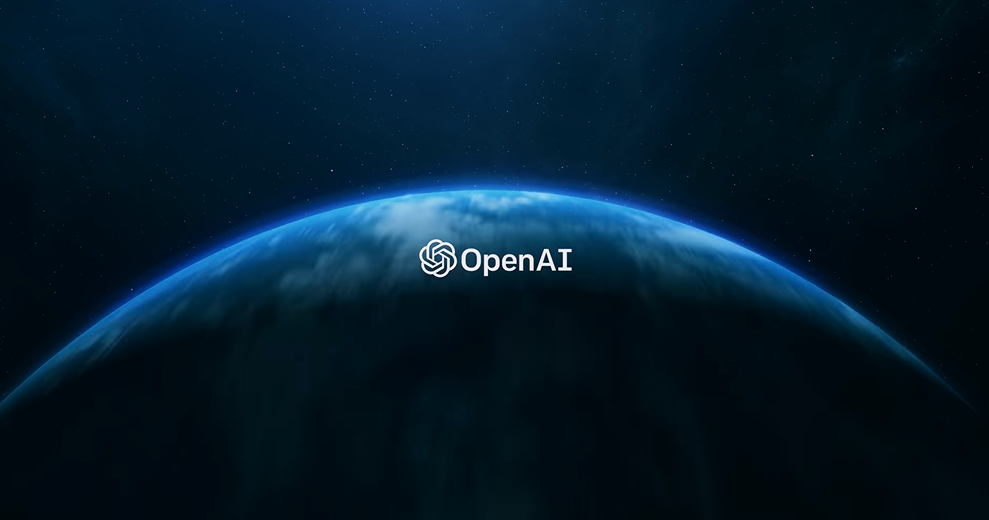 AI
AI
 AI
AI
 AI
AI
OpenAI Inc., the nonprofit arm of artificial intelligence company OpenAI LP, today launched a new program that will award grants to fund experiments in setting up a democratic process to devise what rules AI systems should follow.
The “Democratic Inputs to AI” program is launching with 10 $100,000 grants to any organization or individuals aiming to design an approach to address one or more of policy questions from a provided list. Those choosing to participate can do so regardless of their social science or AI background.
Applicants are encouraged to explore policy questions that prompt nuanced responses beyond a binary “yes” or “no,” with a focus on model behavior. Although the scope of this grant is limited to model behavior, OpenAI said it recognizes that many other aspects of AI, such as usage guidelines and economic impact, could also benefit from democratic oversight.
Those applying can choose or create policy questions, such as the extent of AI assistant personalization, AI responses to questions about public figure viewpoints, AI assistance in providing medical, financial or legal advice, or potential restrictions on AI content. OpenAI notes that while the answers to these questions are important, the grant’s main objective is to foster innovation in democratic methods for governing AI behavior, suggesting that the focus is on developing the decision-making process itself.
The program may have been sometime in the making, but the timing is interesting since it comes after OpenAI Chief Executive Officer Sam Altman told a U.S. Senate hearing on May 16 that lawmakers should consider implementing new rules to ensure the safety of AI systems.
Altman proposed several ideas for AI regulation during the hearing, emphasizing the need for companies to develop AI models that meet safety requirements. Altman suggested implementing internal and external testing before the release of these systems and publishing their evaluation results. He further recommended a combination of licensing or registration requirements for AI models that reach a particular level of sophistication.
AI regulation and law were also in the news earlier today after Altman claimed that a proposed AI law in the European Union could lead to OpenAI closing regional operations. The proposed EU AI Act would require developers of foundation AI models to identify and address potential risks associated with their products and advanced models would need to meet a set of “design, information and environmental” requirements.
THANK YOU